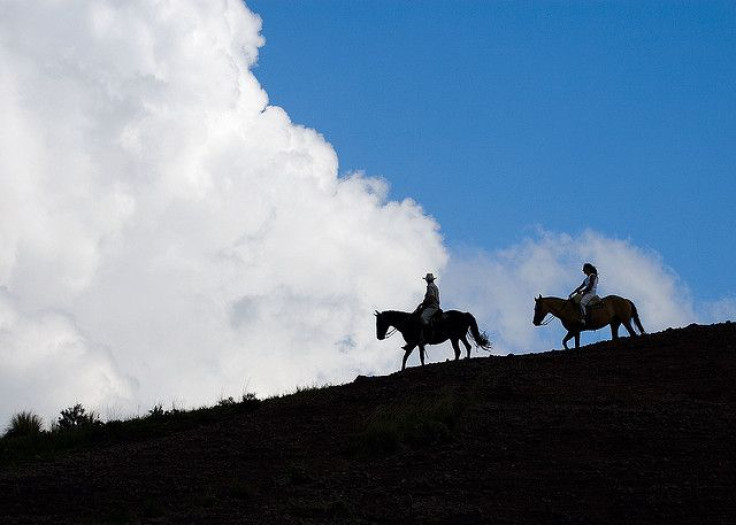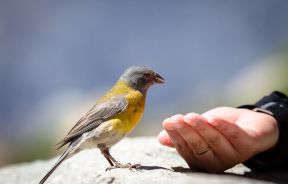50 Is America's Favorite Age, Poll Finds: “You Have Almost Every Opportunity,” Psychologist Says

50 is America’s favorite age, according to a recent Harris Interactive poll. When asked what age they would like to be for the remainder of their lives, the average U.S. participant chose the half-century mark. According to psychologists, the age may owe its popularity to the public view that quinquagenarians enjoy the best of both worlds.
According to NBC Today, the poll surveyed a total of 2,525 American men and women from all over the country. When divided into age groups, people ages 37 to 48 and 49 to 67 were closest to the national average, with an ideal age of 49 and 55 respectively. On average, men wanted to be younger than women.
“You have almost every opportunity,” psychologist Barbara Becker Holstein told reporters. “You’re young enough to be famous or start an organic farm and still have the muscle tone to work eight hours a day. You’re old enough to have wisdom but young enough that your parents are still alive so you have a generational experience. If you’re tired, you can ask the young man on the bus to get out of his seat for you.
“Or you can date the young man. The more I think about it, the more appealing it is,” she added.
Previous research also indicates that the likelihood of developing depression or anxiety issues decrease with age. Together with recent medical and cosmetic advances, such findings help establish 50 as a kind of “sweet spot.” 50-year-olds, it would seem, enjoy seniority while retaining a bit of youth.
“I really think 50 is the new 30 to 35,” said Holstein. “For a woman, you can stay stylish and fit and maybe get your hair dyed or just do a little [cosmetic] tune-up and feel, ‘Wow, this is great.’ In terms of childbearing, you can basically say forget it or if you want a baby at 50 or 53, you can get your hormones juiced up and go for it.”
Intriguingly, a similar survey conducted 10 years ago indicated that 41 was the perfect age at the time. According to Holstein, the recent upgrade is most likely the result of scientific developments, “medical miracles,” and a general shift in the public perception of age.



























